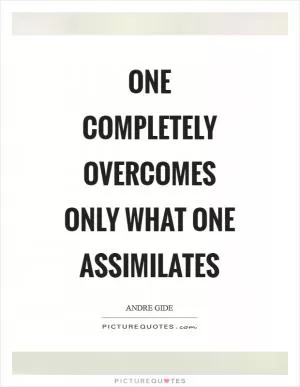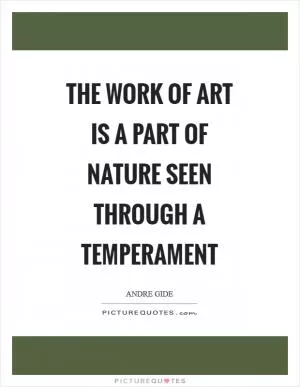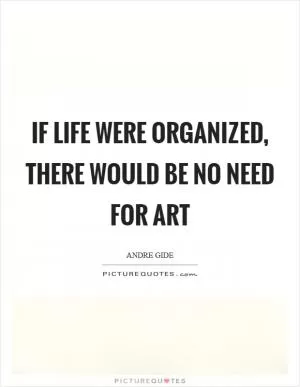In hell there is no other punishment than to begin over and over again the tasks left unfinished in your lifetime

In hell there is no other punishment than to begin over and over again the tasks left unfinished in your lifetime
André Gide, a French author and Nobel Prize winner, was known for his exploration of existential themes and the complexities of human nature in his works. The quote “In hell there is no other punishment than to begin over and over again the tasks left unfinished in your lifetime” resonates deeply with Gide’s philosophy and the themes present in his writing.Gide often delved into the idea of self-examination and the consequences of one’s actions. The concept of being forced to repeat unfinished tasks in hell can be seen as a metaphor for the eternal struggle of self-improvement and the consequences of not living up to one’s potential. In Gide’s works, characters often grapple with their own moral dilemmas and the consequences of their choices, leading to a sense of internal torment and self-reflection.
The idea of eternal repetition in hell also speaks to Gide’s exploration of the cyclical nature of life and the human experience. In his novel “The Immoralist,” the protagonist Michel embarks on a journey of self-discovery and liberation, only to find himself trapped in a cycle of desire and destruction. The punishment of repeating unfinished tasks in hell can be seen as a reflection of the endless cycle of desire and consequence that Gide often explores in his works.
Furthermore, the quote can also be interpreted as a commentary on the nature of creativity and the artist’s struggle to create meaningful work. Gide, as a writer, understood the challenges of the creative process and the fear of leaving important tasks unfinished. The idea of being condemned to repeat these tasks in hell can be seen as a reflection of the artist’s fear of failure and the eternal quest for perfection.
Overall, the quote “In hell there is no other punishment than to begin over and over again the tasks left unfinished in your lifetime” encapsulates many of the themes and ideas present in André Gide’s work. It speaks to the eternal struggle of self-improvement, the cyclical nature of life, and the artist’s quest for perfection. Gide’s exploration of these themes continues to resonate with readers today, making his work a timeless reflection on the complexities of the human experience.












 Friendship Quotes
Friendship Quotes Love Quotes
Love Quotes Life Quotes
Life Quotes Funny Quotes
Funny Quotes Motivational Quotes
Motivational Quotes Inspirational Quotes
Inspirational Quotes